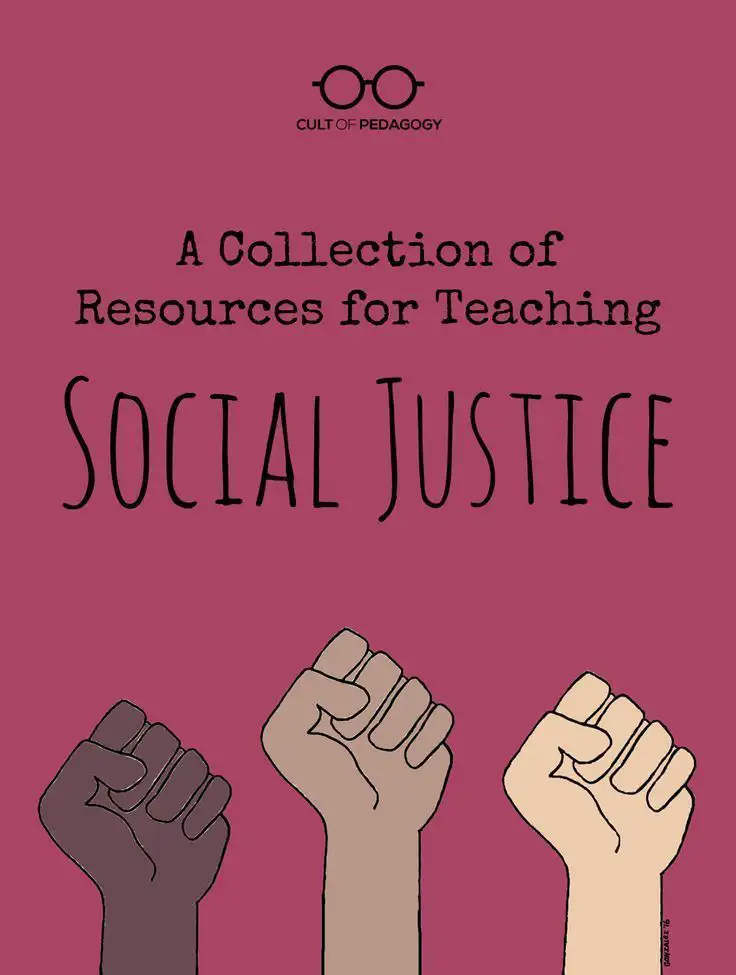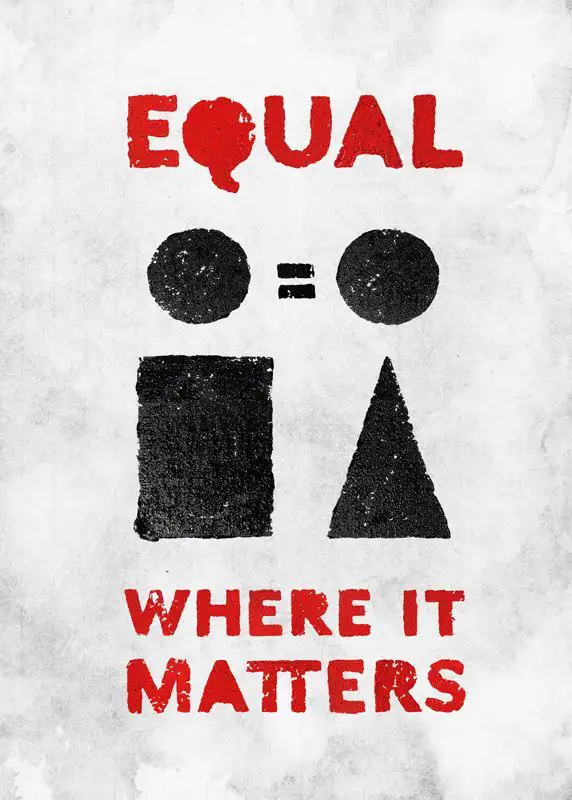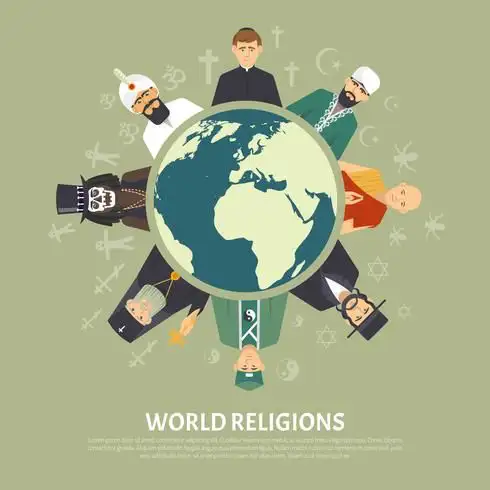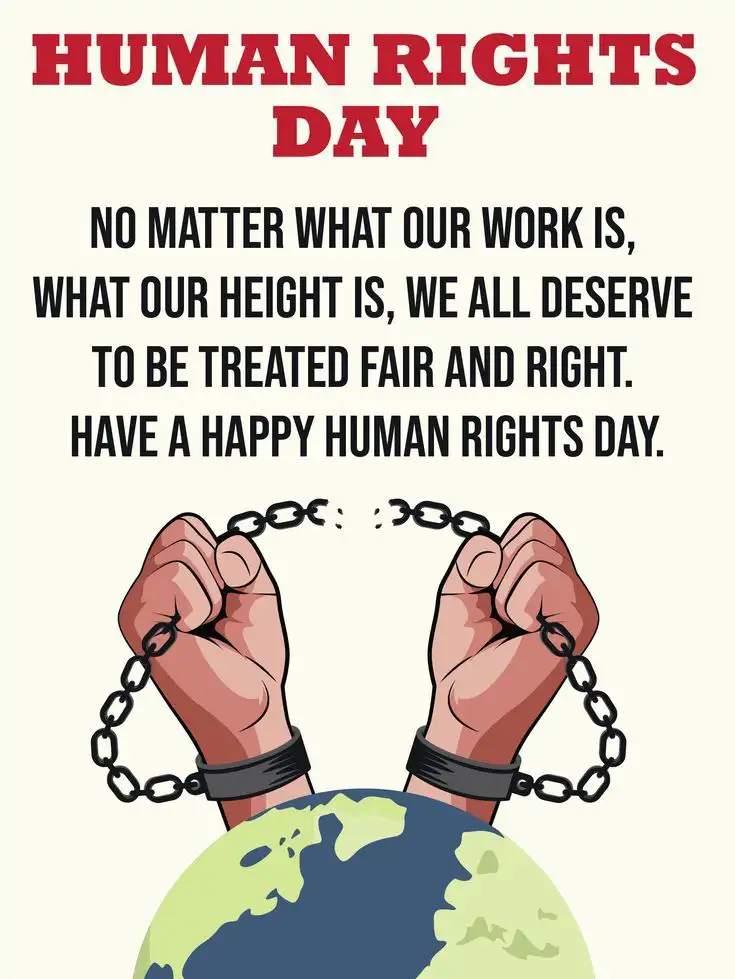Explore “what are contemporary issues” and uncover solutions to today’s most pressing challenges across social, environmental, and economic landscapes. The upheaval of 2020, marked by the COVID-19 pandemic, has brought these matters to the forefront, revealing the critical importance of resilience and adaptability in our health systems, economies, and educational frameworks. Addressing these issues is vital to shaping a sustainable and equitable future.
What are Contemporary Issues Examples?
Contemporary issues are problems and opportunities that hold relevance in today’s society. These issues can have significant impacts on how we live, work, and interact with our environment and each other. Each topic requires our critical attention and a solution-oriented approach.

Artificial Intelligence
- Issue: The rapid development of AI raises ethical and economic concerns, such as job displacement and decision-making biases
- Solution: We must implement strict AI ethics guidelines and invest in education that prepares the workforce for AI-driven economies
Climate Change
- Issue: The Earth is experiencing drastic climate alterations due to human activities, threatening ecosystems and livelihoods
- Solution: We need to enforce policies promoting renewable energy sources and sustainable practices among industries and communities
Wealth Inequality
- Issue: Wealth disparity is growing, with significant fractions of wealth concentrated in the hands of a few
- Solution: Implementing progressive taxation and assurance of a living wage can help address this imbalance
Data Privacy And Cybersecurity
- Issue: Personal data breaches and cyber-attacks are on the rise, jeopardizing individual privacy and security
- Solution: Stronger data protection laws and enhanced cybersecurity measures are critical for safeguarding personal information
Political Polarization
- Issue: Political divides have become deeper, often stifling constructive dialogue and cooperation
- Solution: Encouraging bipartisan initiatives and civil discourse education can bridge gaps in political ideology
Racial Inequality
- Issue: Systemic racism leads to disparities in justice, employment, and education for certain racial groups
- Solution: We need to support policy reforms and community programs that promote racial equity and understanding

Healthcare Access
- Issue: Millions struggle with access to affordable and quality healthcare
- Solution: Expanding healthcare policies that provide coverage for the uninsured and underinsured can improve access
Inflation
- Issue: Rising prices decrease purchasing power, especially impacting those with fixed incomes
- Solution: Central banks can adjust monetary policies to control inflation, and governments can offer support to those most affected
Drug Addiction
- Issue: Drug addiction is a public health crisis that impacts individuals, families, and communities
- Solution: We should invest in prevention, treatment programs, and harm reduction strategies
Nuclear Weapons
- Issue: The existence and proliferation of nuclear weapons pose a threat to global security
- Solution: International treaties and disarmament negotiations are vital for reducing the nuclear threat
Public Security
- Issue: Public safety concerns, including crime and terrorism, affect communities worldwide
- Solution: Enhanced community policing and international cooperation can improve safety and security
Freedom of Religion
- Issue: Religious freedoms are under threat in many areas, leading to discrimination and violence
- Solution: We must enforce laws that protect the right to freely practice one’s religion without fear

Globalization
- Issue: Globalization can lead to a loss of cultural identity and job displacement
- Solution: Policies that support local economies and cultural preservation can mitigate the negative impacts of globalization
Infrastructure
- Issue: Aging or inadequate infrastructure can hinder economic growth and public safety
- Solution: Investing in infrastructure improvements and modernization is crucial for future sustainability
Migration and Citizenship
- Issue: Migration challenges include integration, rights protection, and border security
- Solution: Comprehensive immigration reform can provide clear pathways to citizenship and protect migrants’ rights
Plastic Waste
- Issue: Plastic pollution is damaging ecosystems and contributing to loss of biodiversity
- Solution: Reducing plastic use, improving waste management, and encouraging recycling initiatives can help address this issue
Rights of Children
- Issue: Children’s rights violations, including labor and exploitation, remain widespread
- Solution: Strengthening child protection laws and supporting international child rights agreements can safeguard children’s futures

Unemployment
- Issue: High unemployment rates can lead to economic instability and reduced quality of life
- Solution: Job creation programs and retraining initiatives for industries in transition are essential
Working Conditions
- Issue: Unsafe or unfair working conditions are a concern for laborers globally
- Solution: We should advocate for and enforce labor standards that ensure safe and equitable workplaces
Media Consumption and Habits
- Issue: The rise in misinformation and the effects of screen time on mental health are new-age concerns
- Solution: Promoting digital literacy and responsible media reporting can improve information quality and consumption habits
FAQ – Contemporary Issues Examples
What is contemporary issues and examples?
Contemporary issues are current, often contentious social, political, environmental, or economic challenges. Examples include climate change, data privacy, social inequality, and the COVID-19 pandemic.
What is contemporary and social issues?
Contemporary issues are current, often contentious events or conditions that affect society, like climate change or data privacy, while social issues are societal problems like poverty or racial discrimination that require collective solutions.
What is a contemporary world issue?
A contemporary world issue is a problem that is globally relevant today, such as climate change, COVID-19, or sustainable development challenges, which impact multiple countries and require international cooperation to address.
What are the classification of contemporary issues?
Contemporary issues include social (inequality, discrimination), political (rights, governance), economic (inequality, jobs), environmental (climate, pollution), technological (privacy, automation), and health concerns (disease, access).
If you enjoyed this blog post on “What Are Contemporary Issues,” be sure to drop a comment below to share your thoughts on the topic. We’d love to hear about your experience with it!
If you want to keep reading more from us, have a look at these articles.





